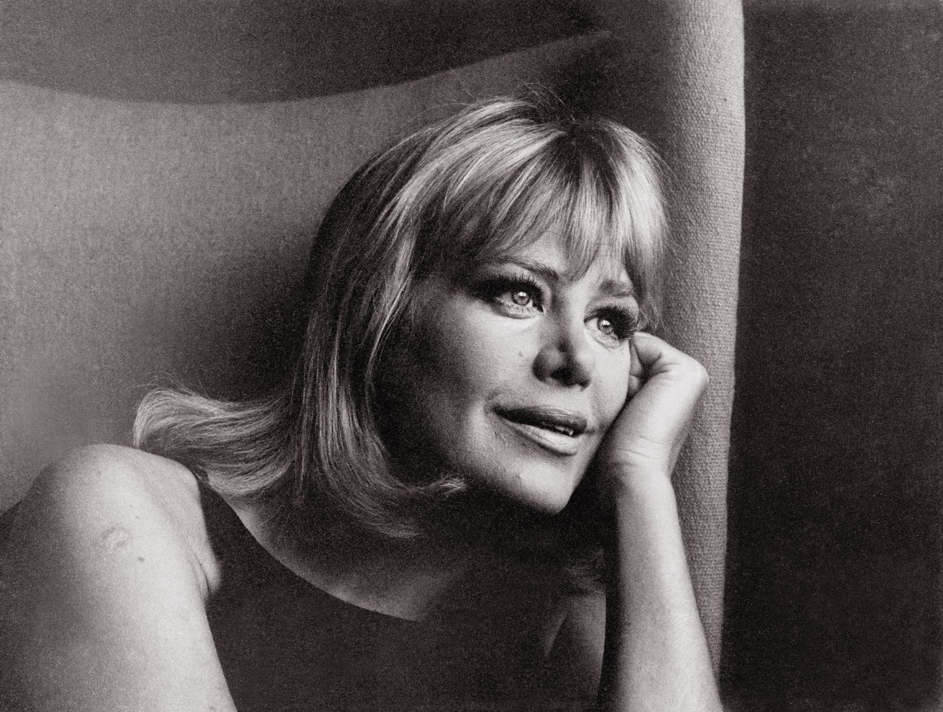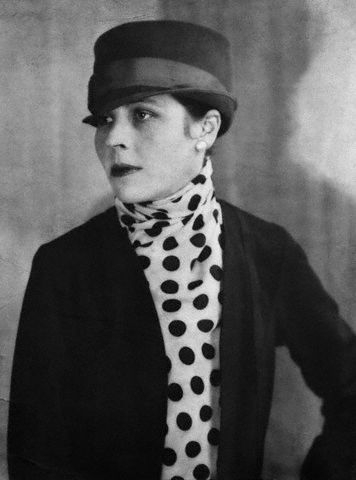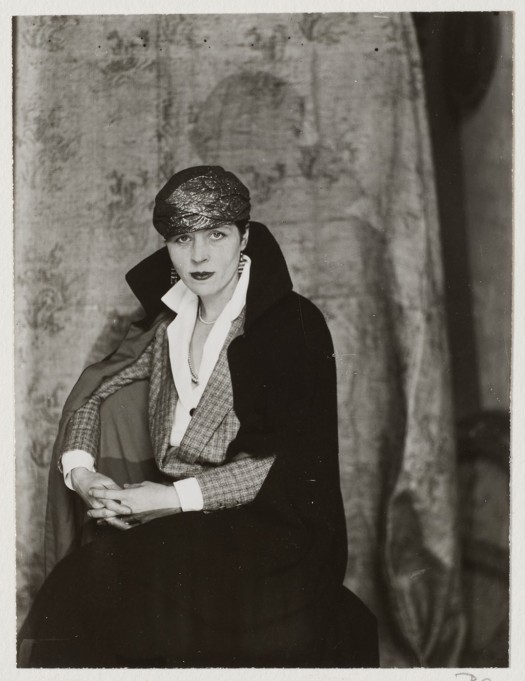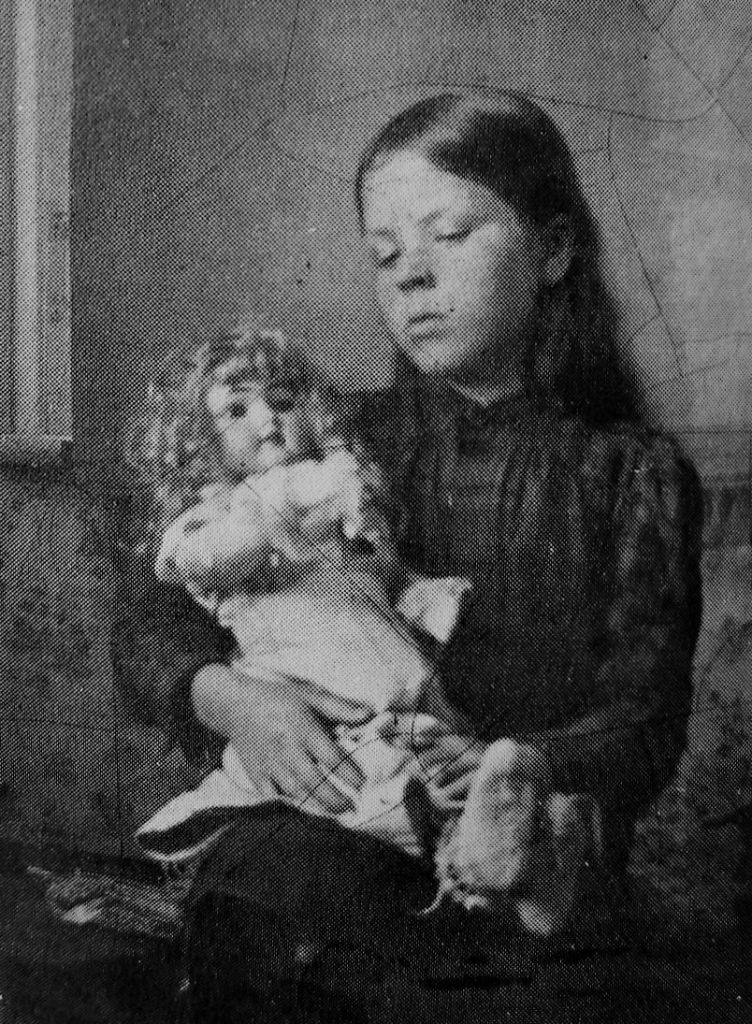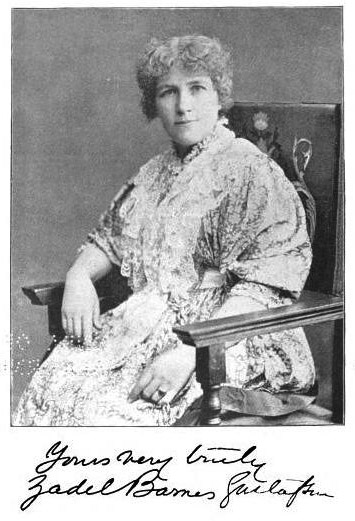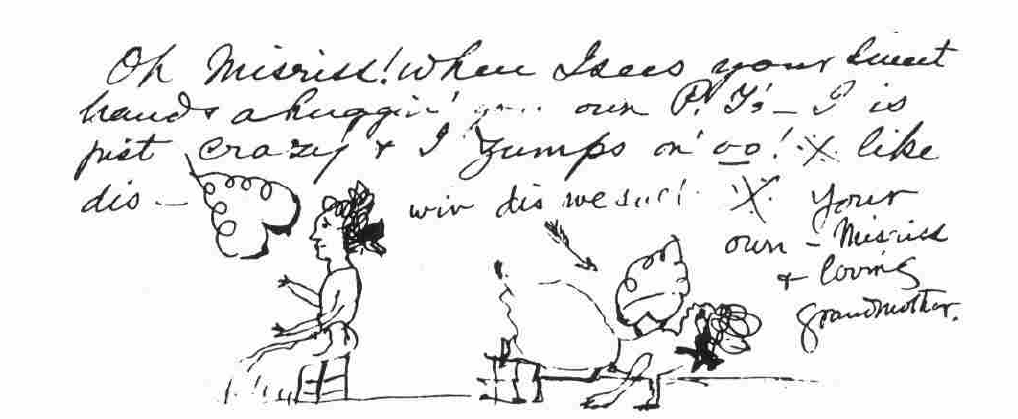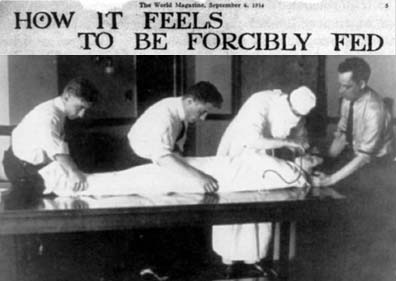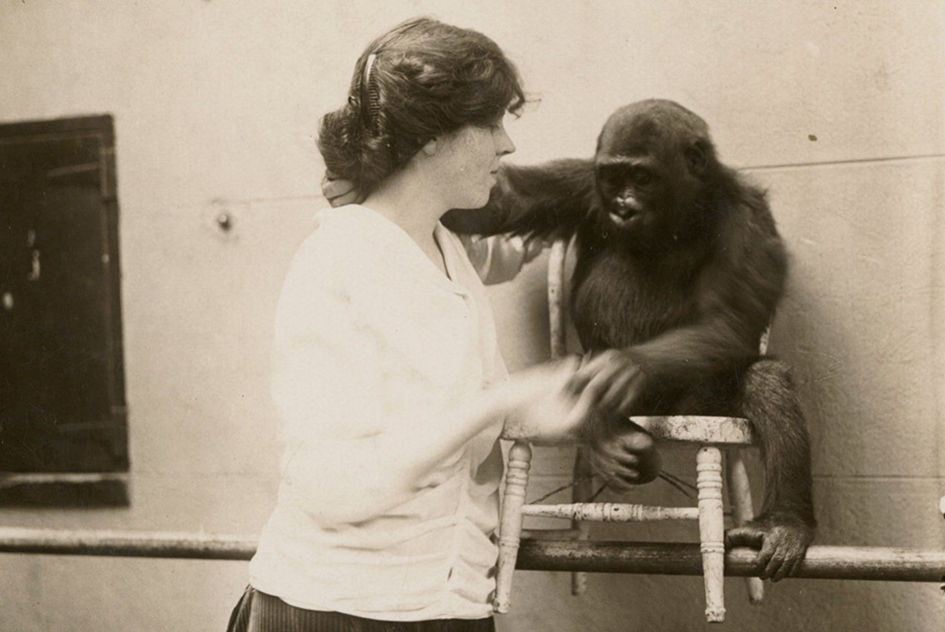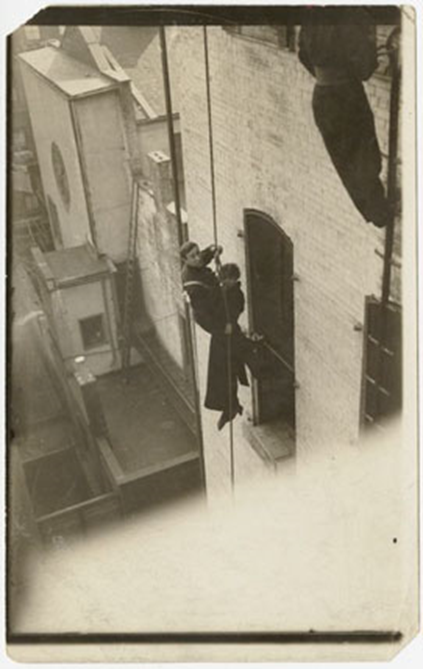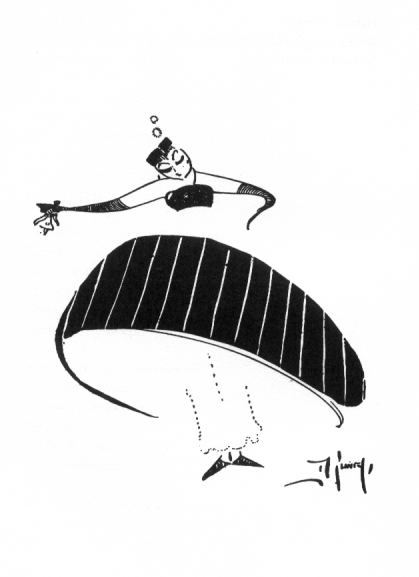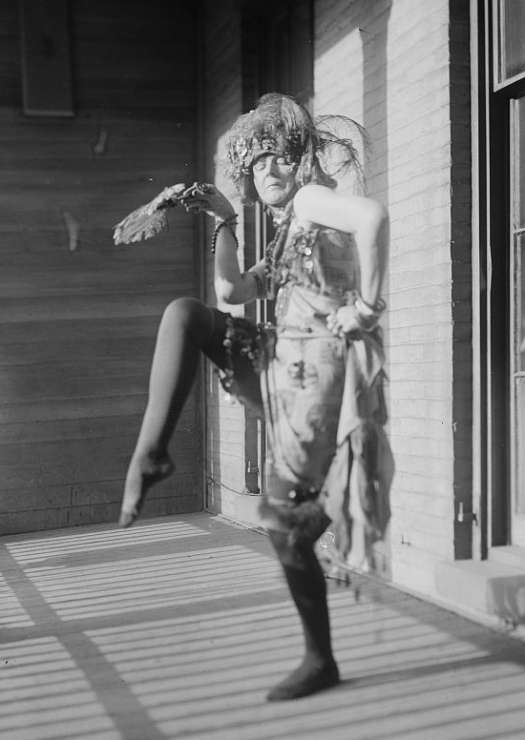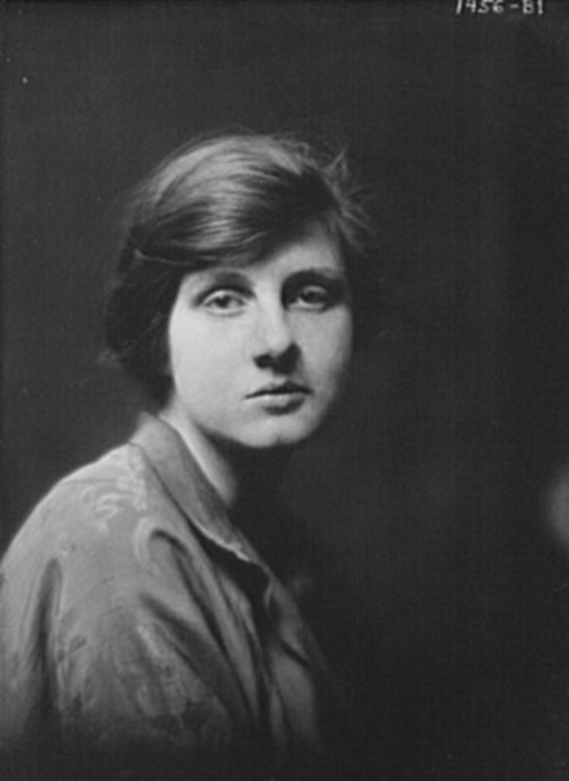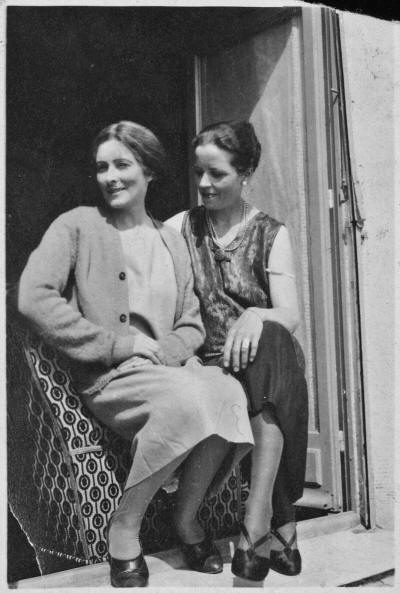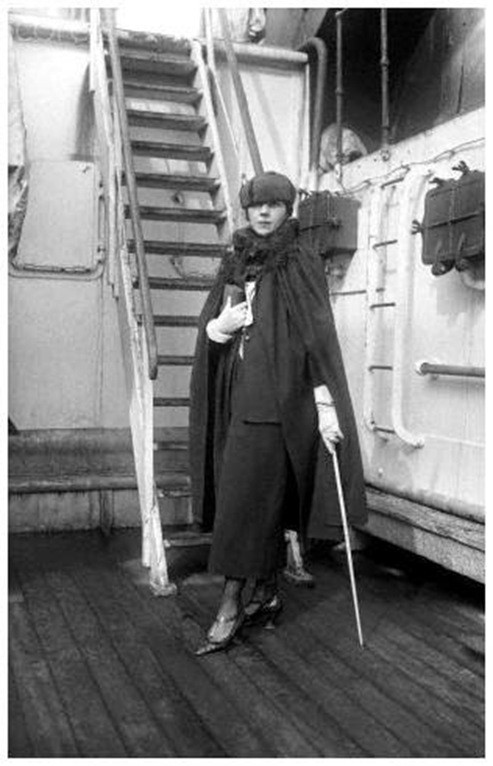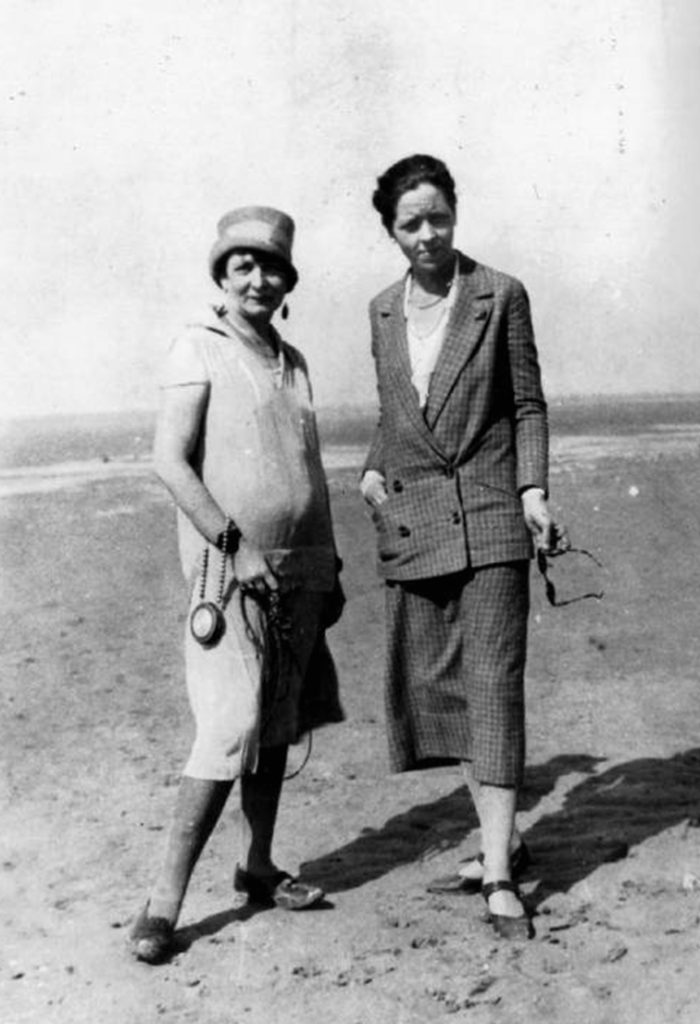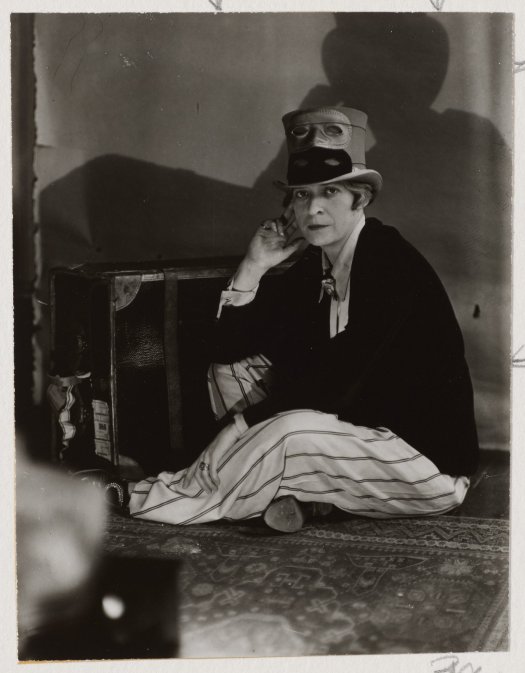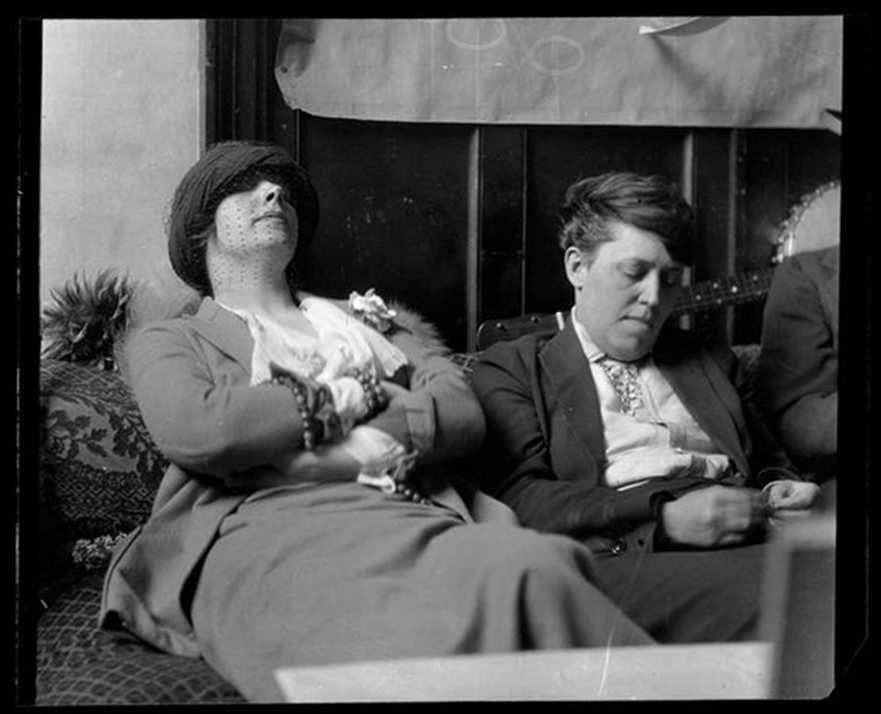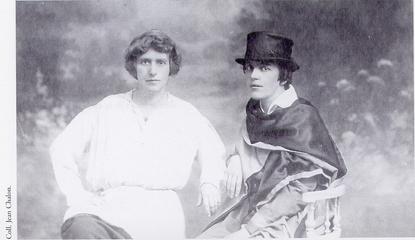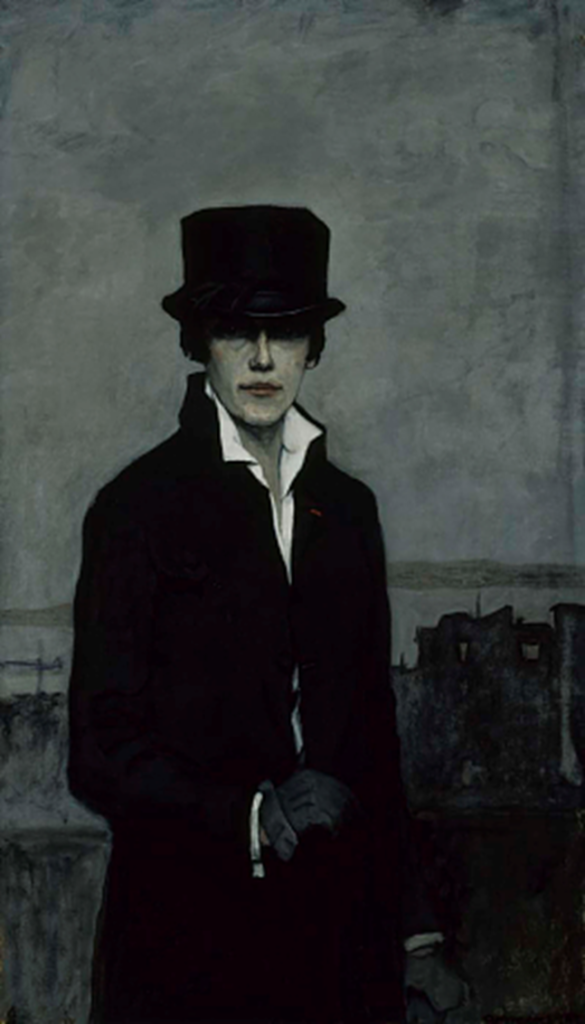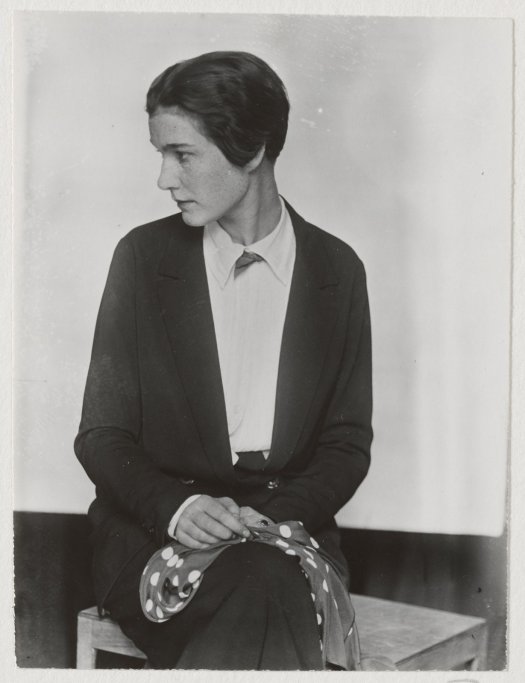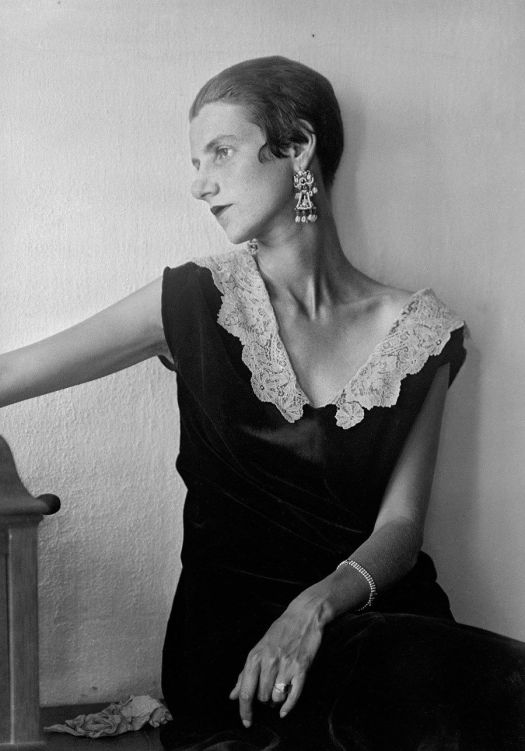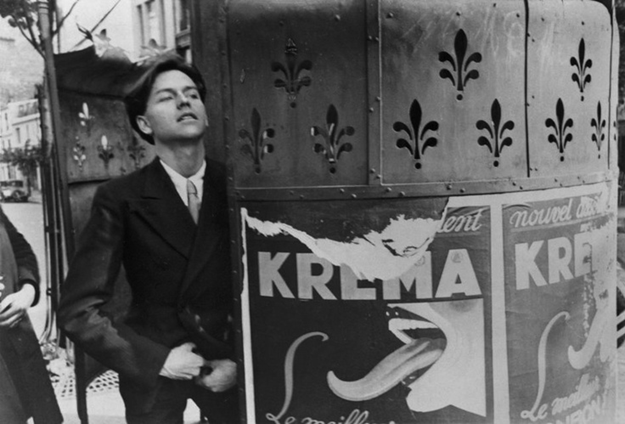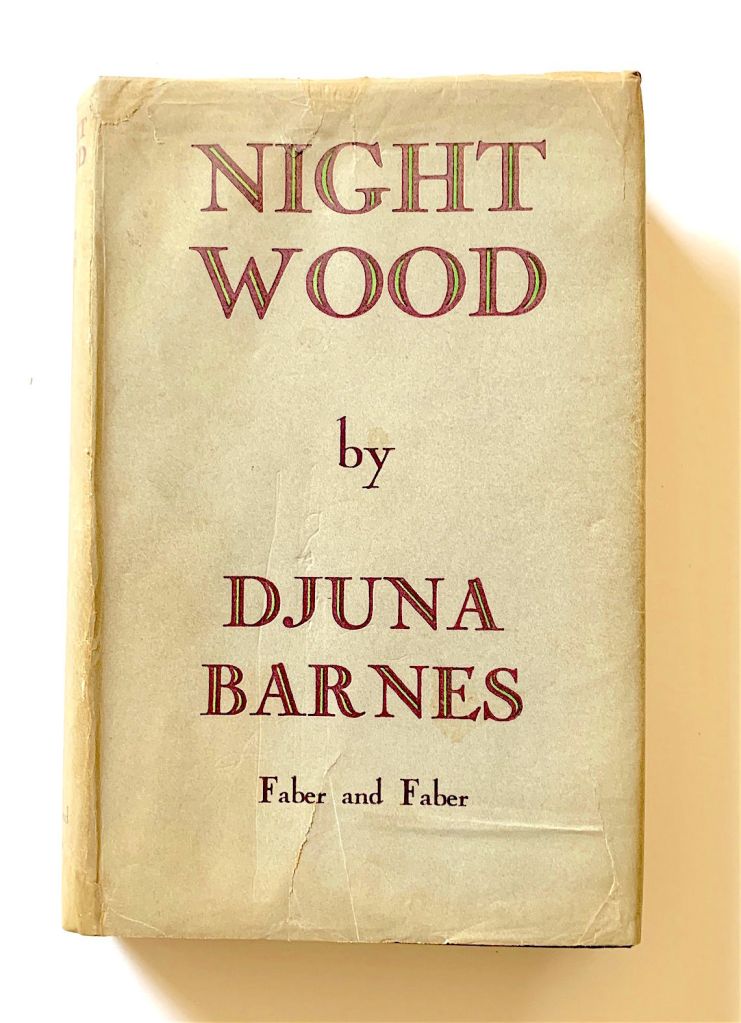In this episode, the last of Season Six, we bring you a show live from PodFest Berlin! DLS-ers Susan Stone and Katy Derbyshire joined the city’s fine and friendly podcasters at the yearly event in front of a small but perfectly formed audience.
From that event, producer Susan brings us the fascinating story of June Tarpé Mills, a comics pioneer and the first woman to create a female superhero, Miss Fury. The alter ego of socialite Marla Drake, Miss Fury wore a cursed black leopard skin and travelled the world fighting evil (mostly Nazis). She was sexy and smart, and a global hit from 1941–1951, during which she appeared in 100 newspapers, millions of comic books, and on the side of several US bombers. Then she, like her creator, largely disappeared. Decades after her death in obscurity, Mills is finally getting the recognition she deserves, from a headstone for her unmarked grave to induction into the Comic Industry Hall of Fame.
We mentioned our wonderful friend Andy Horn, who introduced us to Tarpé Mills. Read more about Andy here.
Also available on Spotify, Apple Podcasts, RadioPublic, Pocket Casts, Stitcher, Google Podcasts, and Acast. You can download the transcript, created by Susan, here.
Read more: Podcast #68: June Tarpé MillsShow notes:



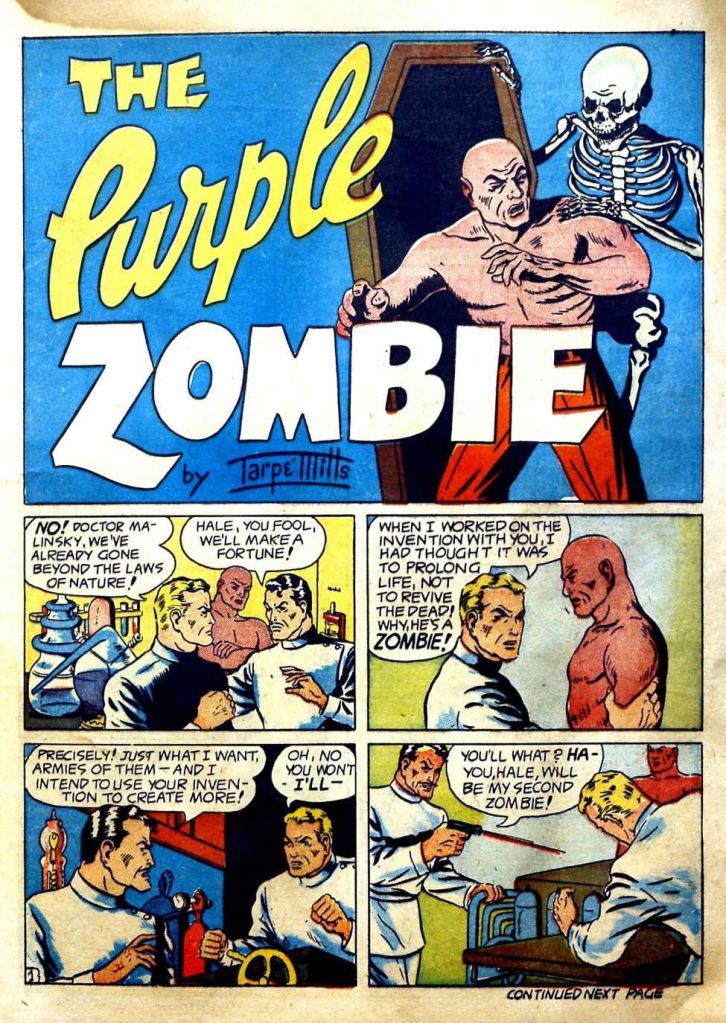


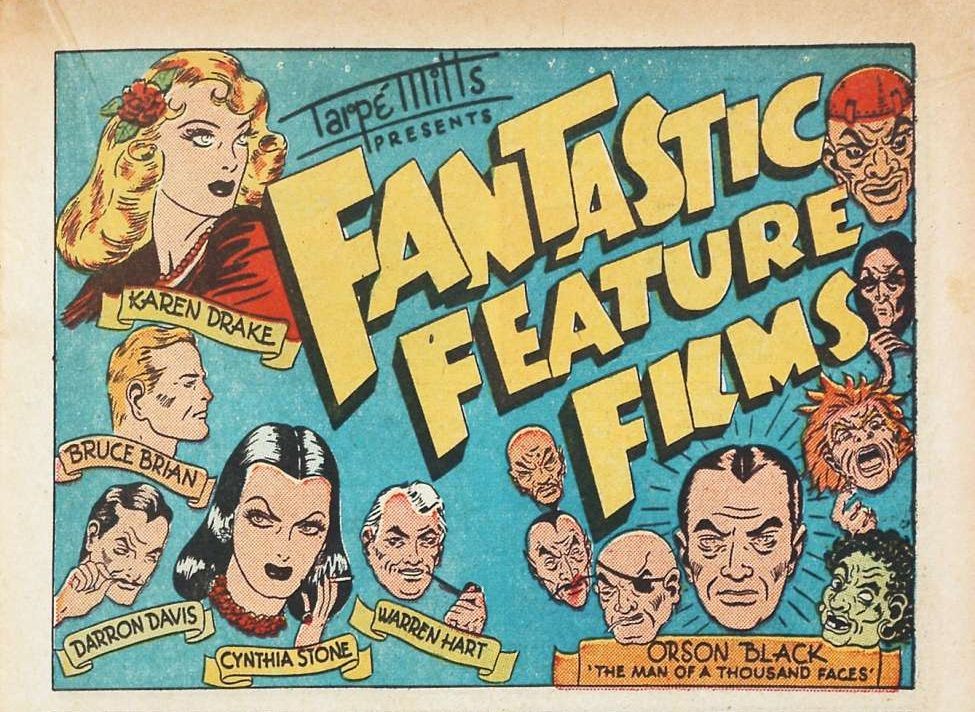

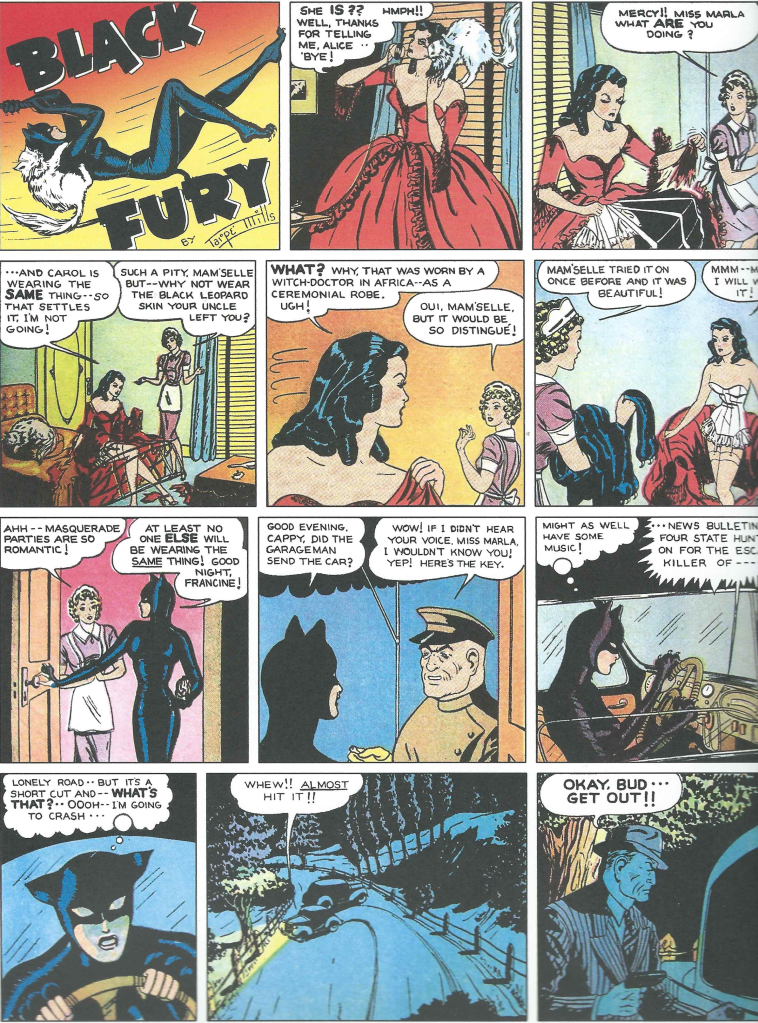
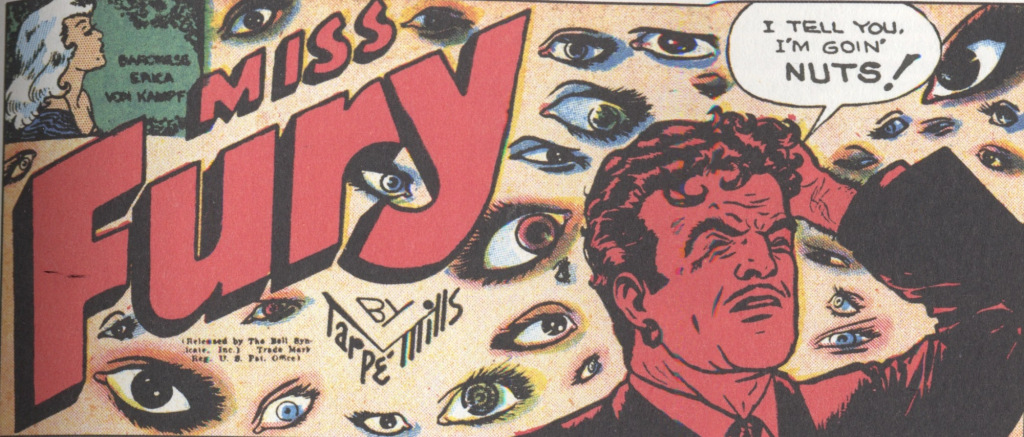


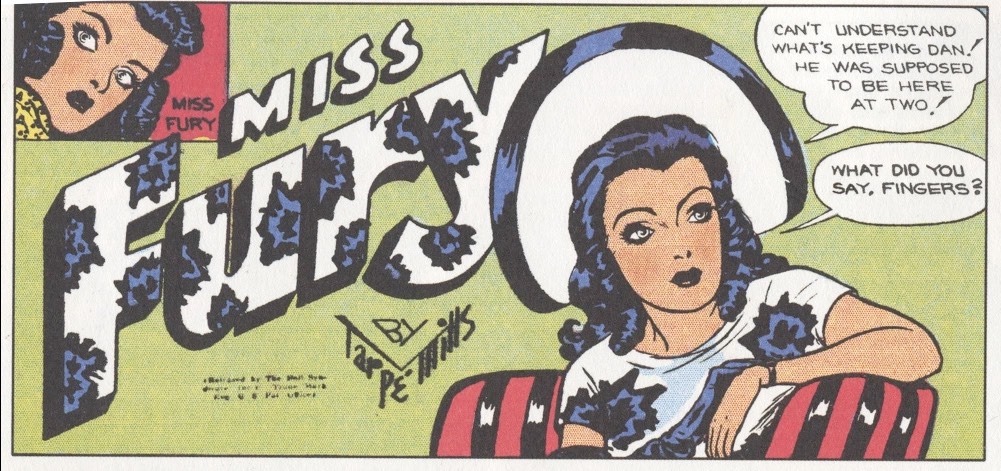



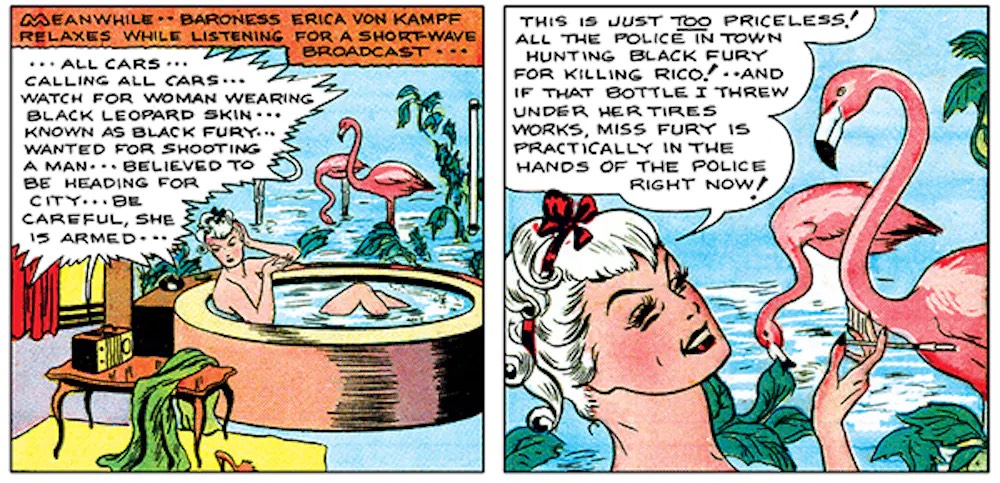

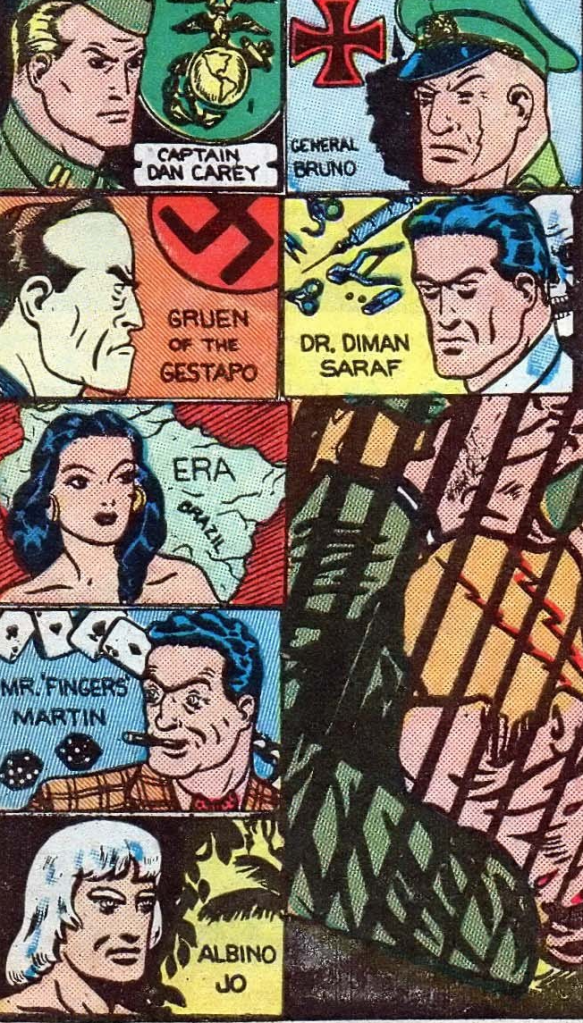
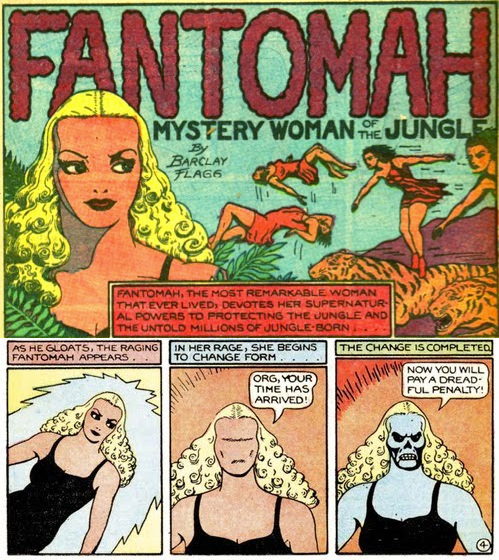

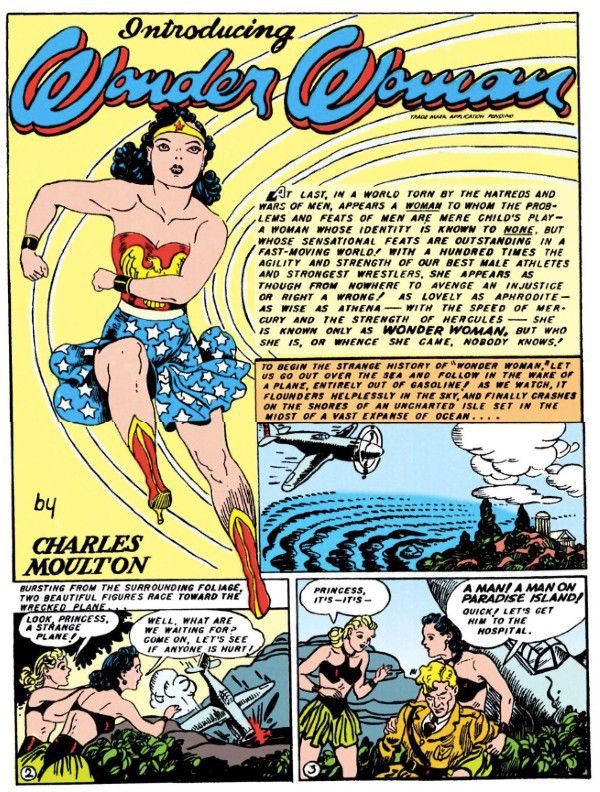






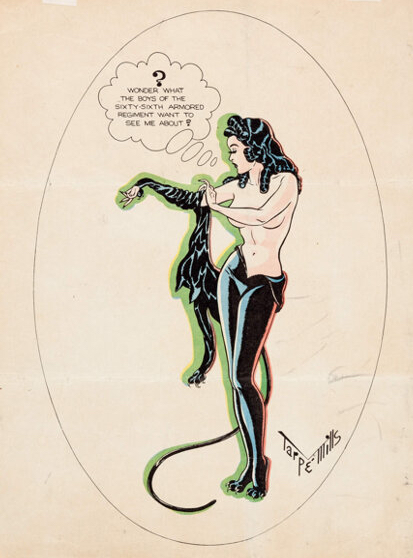

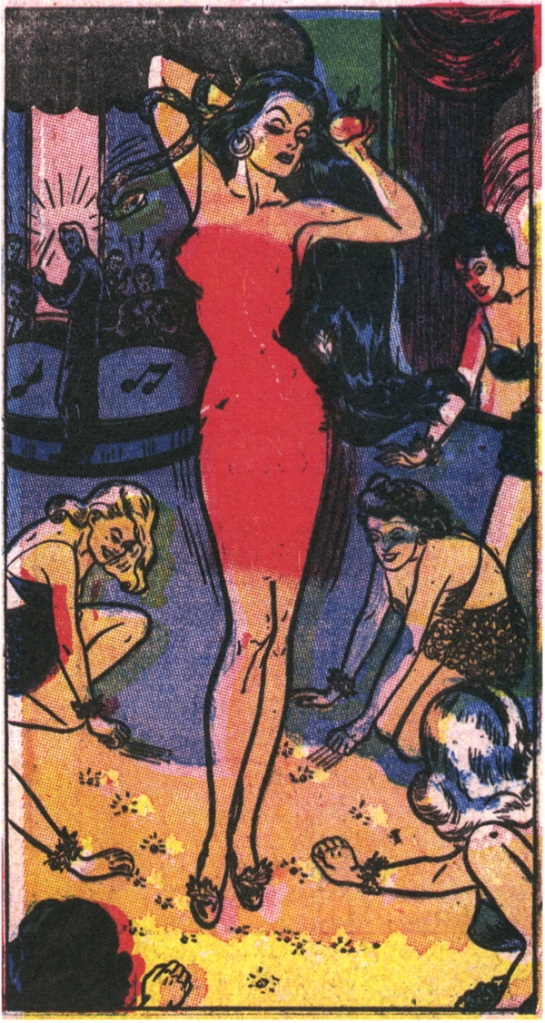



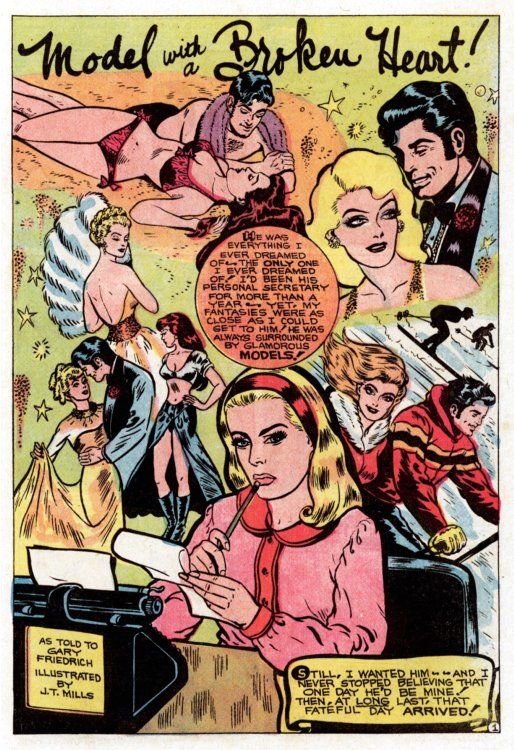

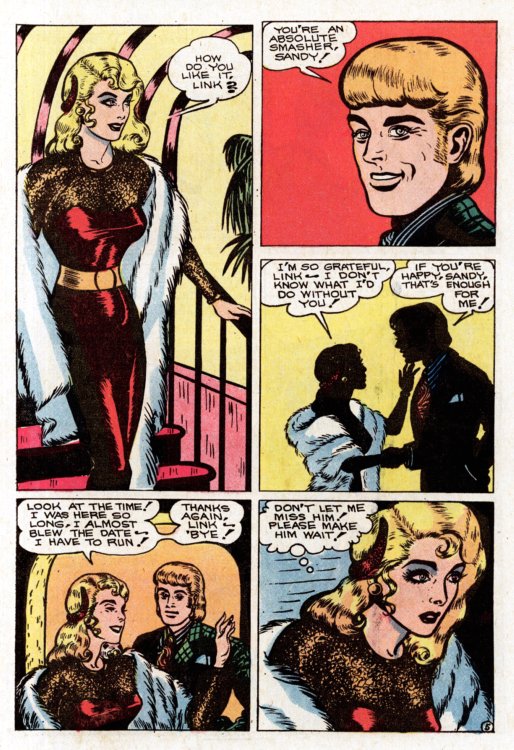
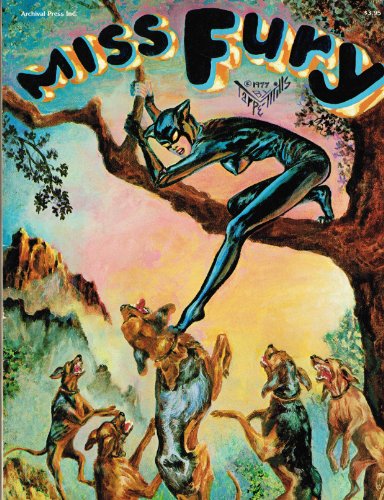
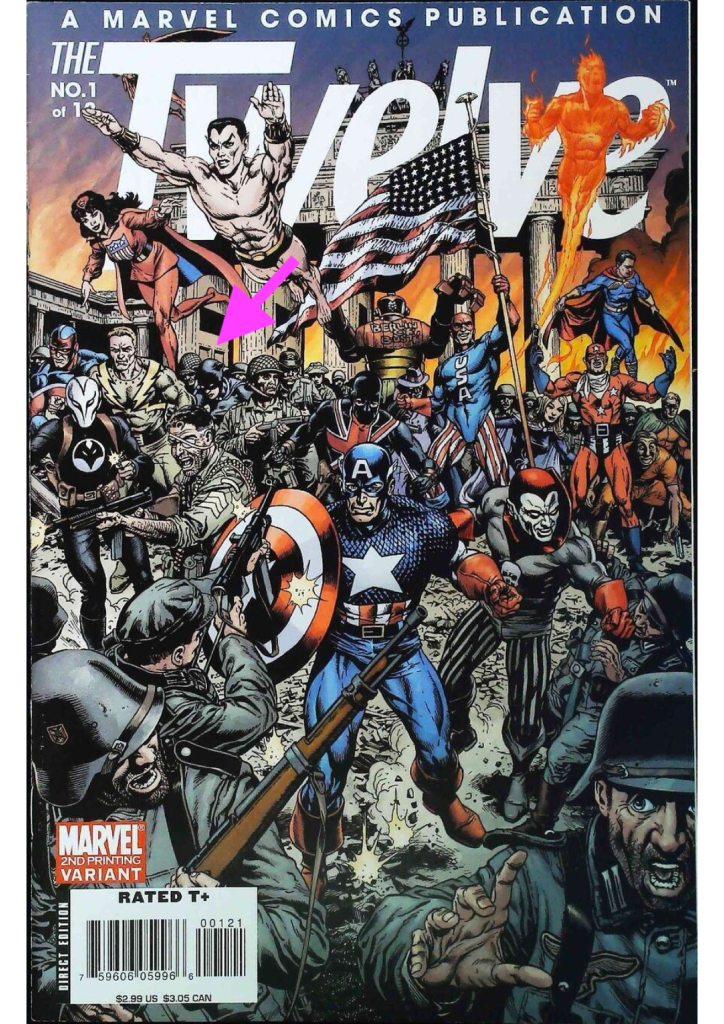
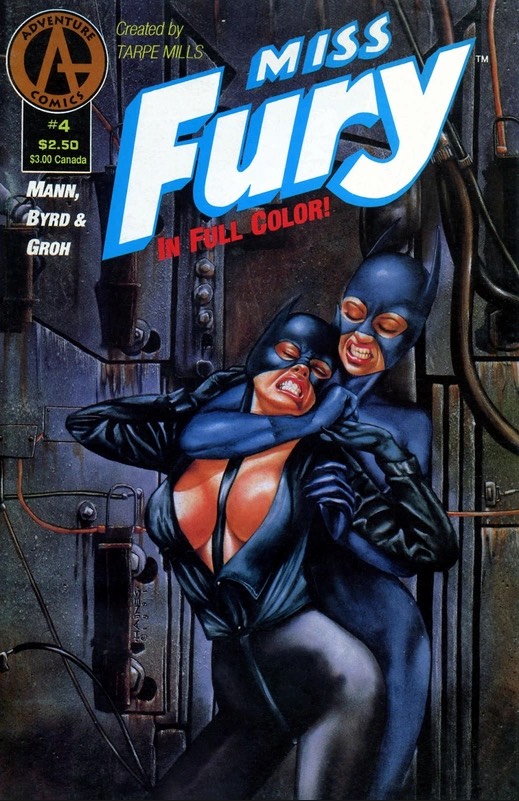
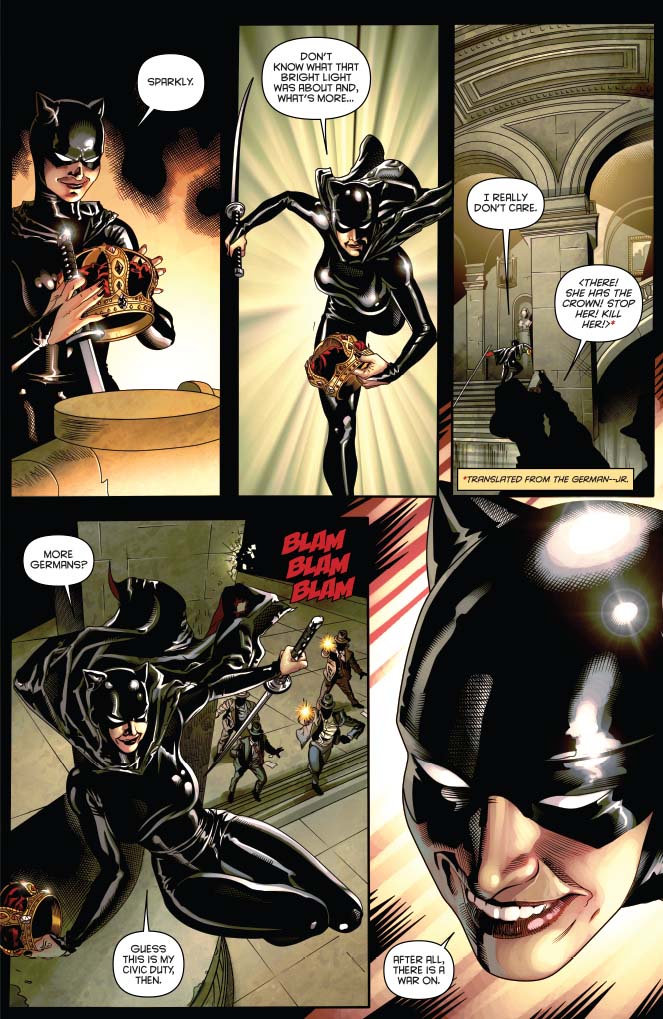


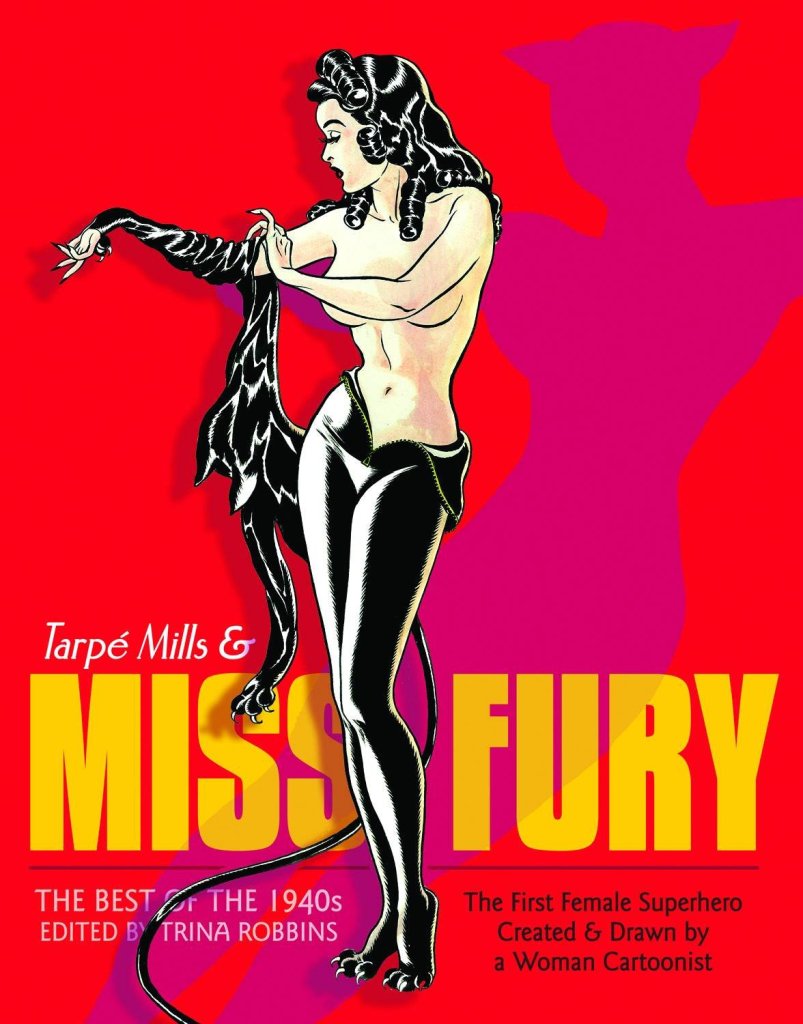




One last note — If you’d like to support us and get a bit of Dead Lady content before we come back with season seven, please check out our Patreon where we have loads of exclusive content including interviews and book reviews, and even entire Dead Ladies Show presentations that you’ll get to hear before (almost) anyone else. Thanks to everyone who already supports us there, including our new friend Rita Durant!
Our theme music is “Little Lily Swing” by Tri-Tachyon https://freemusicarchive.org/music/Tri-Tachyon/the-kleptotonic-ep/little-lily-swing
You can browse our TeePublic shop at this link: https://www.teepublic.com/user/dead-ladies-show
We are on Instagram and Twitter @deadladiesshow and on BlueSky @deadladiesshow.bsky.social
Thanks for listening! We’ll be back soon with a new season full of fabulous Dead Ladies!




